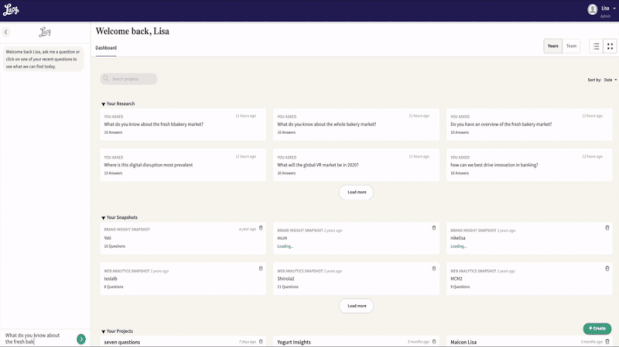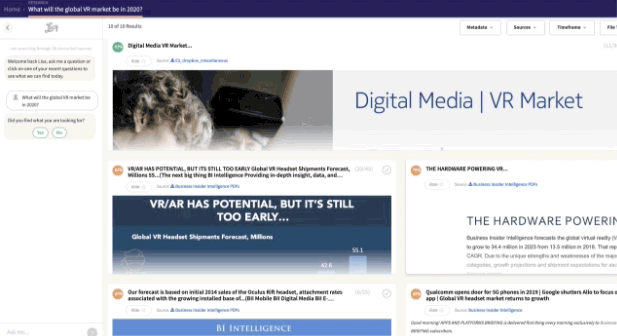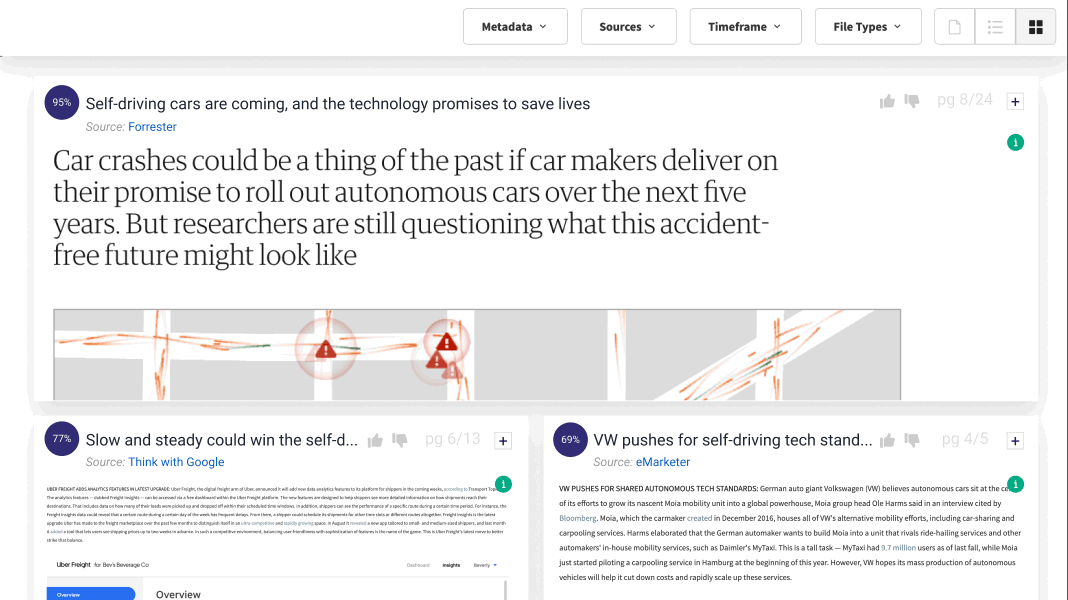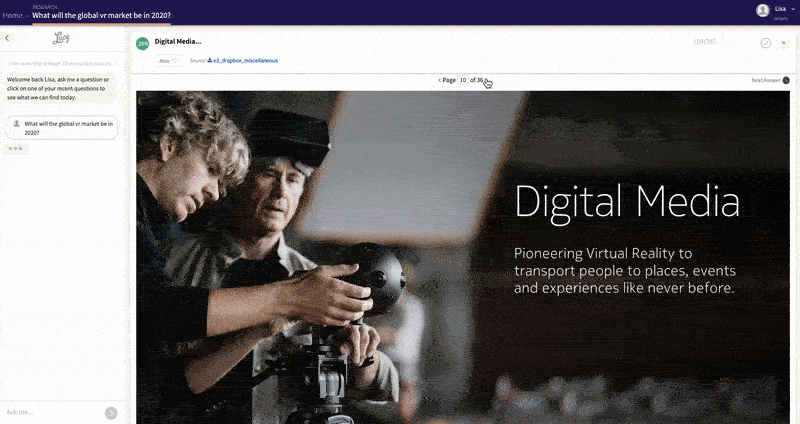During the pandemic, employee mental health became an important part of company culture.
As businesses began to focus on their staff’s well being, many created programs to better support their teams.
Many times, the support they have isn't enough. “Although employers have responded with initiatives like mental health days or weeks, four-day workweeks, and enhanced counseling benefits or apps, they’re not enough,” writes Harvard Business Review.
“Employees need and expect sustainable and mentally healthy workplaces, which requires taking on the real work of culture change. It's not enough to simply offer the latest apps or employ euphemisms like “well-being” or “mental fitness.” Employers must connect what they say to what they actually do,” HBR wrote.
Poor employee mental health shows up in many ways and affects a company’s bottom line. "A mental-health condition manifests itself in workplace absenteeism, presenteeism, and loss of productivity," McKinsey shared in a recent report. "The World Health Organization estimates that depression, anxiety disorders, and other conditions cost the global economy $1 trillion per year in lost productivity."
In many cases, employees aren’t just needing wellness programs and or mental health—they endeavor for their overall work environment to be less stressful and less mundane. Employees want to be engaged. They want to feel connected to their job.

Creating and maintaining a meaningful and productive environment is one of the most effective ways to provide a wellness-forward business. Many times, it’s the employees that feel stuck doing low value tasks that start to question their job satisfaction and end up leaving for greener pastures.
An enormous part of creating a meaningful and productive environment is by providing employees with the tools they need to do their job. As Forbes aptly stated earlier this year, “Ensuring your employees have the right tools to do their job well can benefit their productivity, but perhaps even more importantly, it may affect their job satisfaction. Imagine walking into a dentist’s office and seeing equipment from the 1970s. You would turn around and leave. Your employees — and job candidates — are likely to have similar reactions to outdated equipment or tools in the workplace.”
The dentist’s equipment is such a good analogy. You feel more empowered and in better hands when you walk into any place — whether a doctor’s office or your place of work — and the equipment is up to date and relevant.
It seems small, but employees get frustrated by tools that don’t work. And when a computer is slow or a program continually doesn't work or redundant tasks start to overtake an employee's day… that’s when they start to look for a new job.
In fact, keeping employees better equipped and satisfied is one of the lesser-known, but hugely empowering benefits of Lucy. She helps workers find information faster and seamlessly, significantly cutting down on mundane or repetitive tasks. She’s the type of tool that you can’t remember what life was like before you met and used her.
Interested in learning how Lucy can help your company keep your employees happy and satisfied? Learn more here!











